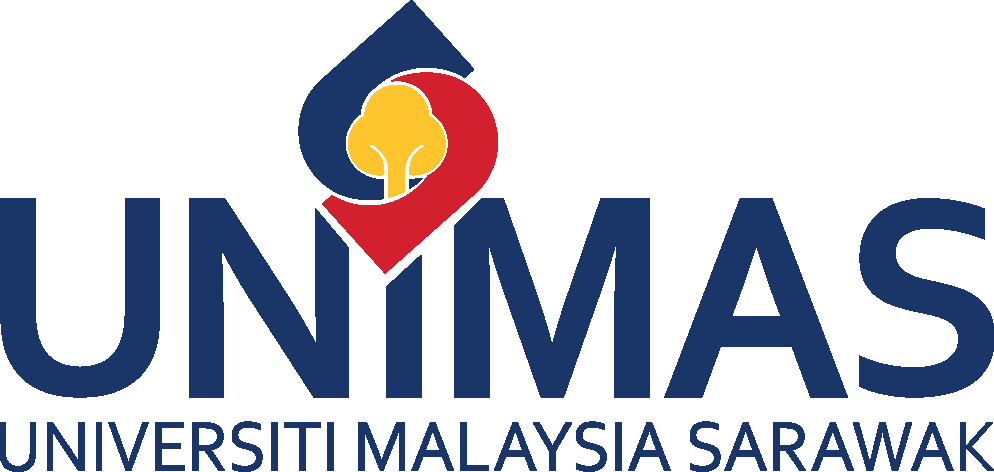Information sheet: Human Research Ethics Committee (Non Medical)
1.What are the research ethics committees in UNIMAS?
We have the Animal Research Ethics Committee (AEC), Medical Research Ethics Committee (MREC) and Human Research Ethics Committee (Non-Medical) (HREC). All ethics committee are under the care of Deputy Vice Chancellor (Research & Innovation).
2.What is HUMAN RESEARCH ETHICS?
Research ethics govern the standards of conduct for scientific researchers. It is important to adhere to ethical principles in order to protect the dignity, rights and welfare of research participants. As such, all research involving human beings should be reviewed by an ethics committee to ensure that the appropriate ethical standards are being upheld. Discussion of the ethical principles of beneficence, justice and autonomy are central to ethical review. (WHO, 2022)
3.What is the scope of HREC UNIMAS?
HREC reviews research proposal involving human participants to ensure that they are ethically acceptable. The research projects are non-medical such as psychology, counselling, human management, or those in the relevant fields (see Buku Dasar Penyelidikan, Inovasi & Enterprise UNIMAS, pg. 15)
4.What are the levels of HREC?
There are two levels of HREC: the Main Committee at the university and the Faculty level committee.
The Main Committee will oversee the ethics clearance of high-risk studies and the Faculty level committee will evaluate the applications coming from low-risk studies.
Your research is considered high risk if it has any of these criteria: (i) interventional study (see no. 6); or (ii) sensitive topic; or (iii) requires the participation of sensitive/vulnerable groups. Examples include (but not limited to) the elderly, women, children, disabled, ethnic minority, illegal people, or groups that deviate from social norms.
A research may be considered low-risk if it does not carry any of the criteria above. Note that the Faculty level committee may refer your application to the Main Committee if it is felt that your research is more than low-risk.
5.Who are the members of HREC UNIMAS?
The Main Committee consists of a Chair, selected Directors of research institutes, selected Deputy Deans Deputy Dean (Research and Innovation), a legal officer and other appointed members that the DVC (Research and Innovation) sees fit. The Secretariat of Main Committee is UNIMAS Publisher.
7.What are the documents to submit? Complete the Application Form for Human Research Ethics (Non-Medical) following the requirements given in the form. Do not exceed the word count indicated. Submit the application form together with the following documents: (i) research instrument; (ii) Participation Information Sheet (PIS) and (iii) Informed Consent (IC). The application form, samples of the PIS and IC can be obtained from the Deputy Dean (Research & Commercialization), or they can be downloaded from this website: https://www.publisher.unimas.my/index.php/research-ethics-committee/human-ethics-committee-non-medical.
For application involving high-risk study, email the application to the HREC Secretariat, at: hrec@unimas.my. For low-risk study, submit your application to your Deputy Dean (Research & Commercialization).
8. How is the review process and how long do I need to wait before I could obtain the ethics approval?HREC meets every 3—4 months, or depending on the number of applications that comes to the committee. Ideally, the committee reviews 4—5 applications each time. Therefore do expect a period of 3—4 months waiting time for the review from the date of your submission. It is best to submit the application earliest possible to avoid delay in your fieldwork. The applicant will be invited to brief the committee about his/her project during the meeting. This will give the committee a better understanding about the project and will help with the review process. For details, see the ethics review flow chart.
Reference:
